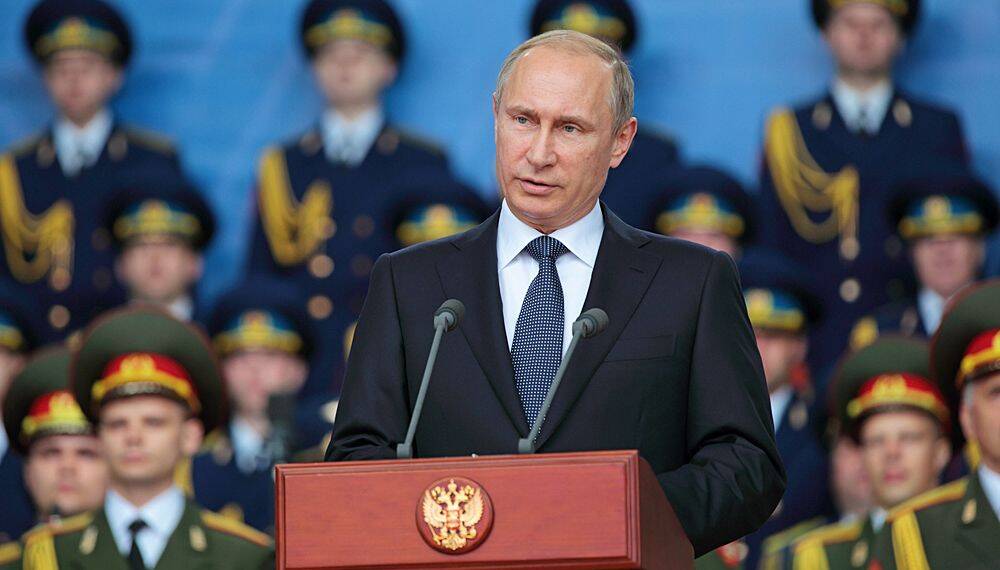Russia has issued a grave warning amid escalating tensions in the Middle East, cautioning that a military strike on Iran’s Bushehr nuclear power plant could trigger a nuclear disaster comparable to the 1986 Chernobyl catastrophe.
The warning comes from Dmitry Medvedev, Deputy Chair of Russia’s Security Council, who described the situation as potentially “catastrophic” should the Israel-Iran conflict intensify further. His remarks reflect mounting international concern that the conflict could spill over into critical civilian infrastructure.
Bushehr in the Crosshairs
At the heart of Moscow’s concern is the Bushehr Nuclear Power Plant, Iran’s only operational civilian nuclear energy facility, which was built with Russian assistance. Israel has not confirmed plans to target Bushehr, but amid rising hostilities with Iran, the potential for such an attack has raised alarms in Moscow and among nuclear safety experts.
Rosatom, Russia’s state nuclear energy corporation, has echoed the urgency of the situation. Its chief, Alexei Likhachev, described any strike on the facility as “beyond evil,” warning that it could lead to an environmental and humanitarian crisis with far-reaching consequences. “It would be a Chernobyl-style catastrophe,” Likhachev stated, referencing the world’s worst nuclear accident that occurred in Soviet Ukraine in 1986.
Evacuation Measures Underway
While Russian officials have emphasized that the current situation at Bushehr remains stable, they are taking no chances. Rosatom has activated a “pre-mobilization mode,” prepared for immediate evacuation if needed. Several dozen Russian technicians have already been withdrawn from the facility, although around 250 remain at the site, part of a larger Russian team of 600 personnel.
President Vladimir Putin confirmed that Israel had provided security assurances for Russian workers, which allowed Russia to begin precautionary staff reductions. Nonetheless, Moscow remains on high alert.
The Russian Foreign Ministry has condemned any potential strike on Bushehr as “illegal and unacceptable,” stressing that the consequences would be both unpredictable and far-reaching. Spokeswoman Maria Zakharova warned that U.S. involvement in any military escalation could “destabilize the region” and “violate international norms on nuclear safety.”
Though Iran has not formally responded to Russian offers to mediate the conflict, Putin stated that Moscow remains in communication with both sides and seeks to avoid a regional catastrophe.
Not All Nuclear Sites Are Equal
While Israel has conducted strikes on other Iranian nuclear facilities in the past, such as Natanz and Fordo, those sites are considered low-risk in terms of radioactive fallout. Bushehr, by contrast, houses an active reactor using Russian nuclear fuel, raising the potential for widespread contamination in the event of a direct hit.
Experts warn that a military strike on an active nuclear power plant would not only risk releasing radioactive material but also shatter long-standing international norms that prohibit attacks on civilian nuclear infrastructure.
Medvedev’s comparison to Chernobyl underscores the seriousness with which Russia views the situation. The Chernobyl disaster affected millions across Europe and the former Soviet Union, and its legacy continues to influence global nuclear policy. A similar incident in the Middle East, Medvedev argued, would be devastating not only for Iran but for the entire region.
As tensions mount, Russia’s call for restraint is a stark reminder of the high stakes involved in modern warfare—where the line between conventional conflict and nuclear disaster can be dangerously thin.








